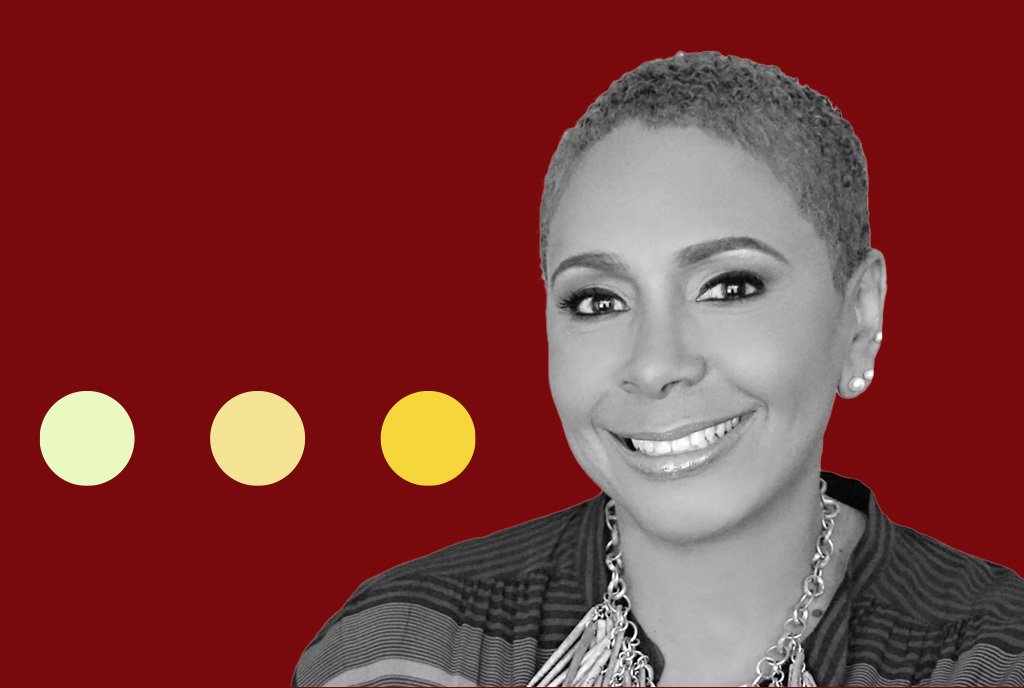Zionism, as a central component of 20th century peoplehood, has evolved through its history to address new challenges from within and from without. The current judicial crisis shaking both Israel and the Jewish people requires that it embraces an old-new paradigm of pluralistic Zionism. This change may not resolve the crisis, but it can provide a first step in addressing it.
Historical background
Zionism in its formative pre-state form was pluralistic. Its followers embraced diverse visions for the Zionist enterprise: political Zionism (Herzl), cultural Zionism (Ahad Ha’am), religious Zionism (Rav Kook), socialist Zionism (Sirkin), etc. Those visions, though at times yielding bitter ideological disagreements on goals and means, all shared a deep commitment to the success of the enterprise.
With the establishment of the state, Zionism evolved. Its focus shifted to justifying the right of the Jews to a state and to ensuring the state’s success and well-being. It became monolithic and the mandate for determining the ideological direction was transferred to the Israeli electorate and its elected government. Positions of dissent (from both the right and the left) were not viewed as legitimate alternative expressions of Zionism but rather as opposition to Zionism itself.
The current crisis of Zionism
The current crisis of the judicial reform in Israel brought to the surface the deep disagreements within Israel regarding the Zionist vision. If in the past the assumption was that the elected government expressed a “semi” consensual position, recent events revealed both the depth of the ideological disagreements and the sizes of the opposing camps. It also exposed the shortcomings of the current monolithic Zionist paradigm in advancing Zionism and the Zionist conversation.
Towards an Old/New Zionist Paradigm
We propose embracing an old-new Zionist paradigm — the pluralistic paradigm. It is time to recognize the existence de-facto of a plurality of Zionist perspectives today. To mention a few for the sake of illustration, they are: national Zionism — emphasizing the ethno-national nature of the state and the desire to annex the West Bank; religious national Zionism — seeking the redemption of the larger Israel and a more religious state; liberal Zionism — seeking a liberal state and some compromise with the Palestinians; progressive Zionism — seeking a two state solution and civic equality with Israeli Palestinians, etc.
The time has come to recognize the 70 faces of Zionism. To open the door for every Jew who cares about Israel to choose his or her Zionism and to participate in the important conversation regarding the Zionist vision and future. We believe that this approach will enable Jewish communities to engage in a meaningful conversation regarding Israel rather than be paralyzed by the threat of internal communal confrontations.
Embracing a peoplehood pluralistic paradigm will further enable keeping wide circles of liberal and progressive world Jews in the Zionist conversation. It will also re-integrate the topic of Israel into the conversation regarding our collective peoplehood ethos. The crisis of Zionism which was a central pillar of peoplehood in the last century, will shake the foundations of the Jewish people as well. We may as well embrace a paradigm that can turn confrontations into legitimate “Machloket” and eventually grow and enrich our collective vision for the future.
Practical steps
A pluralistic approach to Zionism needs to begin with the leadership of the community. The leadership needs to understand that a monolithic pseudo-unity approach is not only irrelevant in the current situation but does not do good to anyone. It needs to embrace the notion that there are multiple ways to love Israel and that the dialogue between them is healthy, engaging and productive to both Zionism and peoplehood.
The leadership needs to embrace the pluralistic narrative and actively work to change the Jewish public discourse on Israel and Zionism. Just as current events in Israel led to the emergence of a dialogue among Israelis regarding the nature and ethos of the state, world Jews should engage in reflecting on what values should the state of the Jewish people express. If Israel is indeed the state of the Jewish people, world Jews have an obligation to formulate their views and visions for it, and share those with the Israelis.
Finally, Israel education needs to be transformed to meet today’s challenges. It is important to teach that Zionism was pluralistic since its inception. That the call for pluralistic Zionism is therefore very much within the culture of the movement, that recognized the diversity of the Zionist visions since the beginning. Making the pedagogic changes for transitioning from a monolithic approach to a pluralistic one will demand creative thinking and development. It is a challenge to be reckoned with, yet the Jewish educational DNA is infused with pluralism, so the challenge can be met successfully. The time has come to welcome a 21st century Zionism.
Shlomi Ravid, Ph.D., is the founding director of the Israel-based Center for Jewish Peoplehood Education.
Credit:Source link



